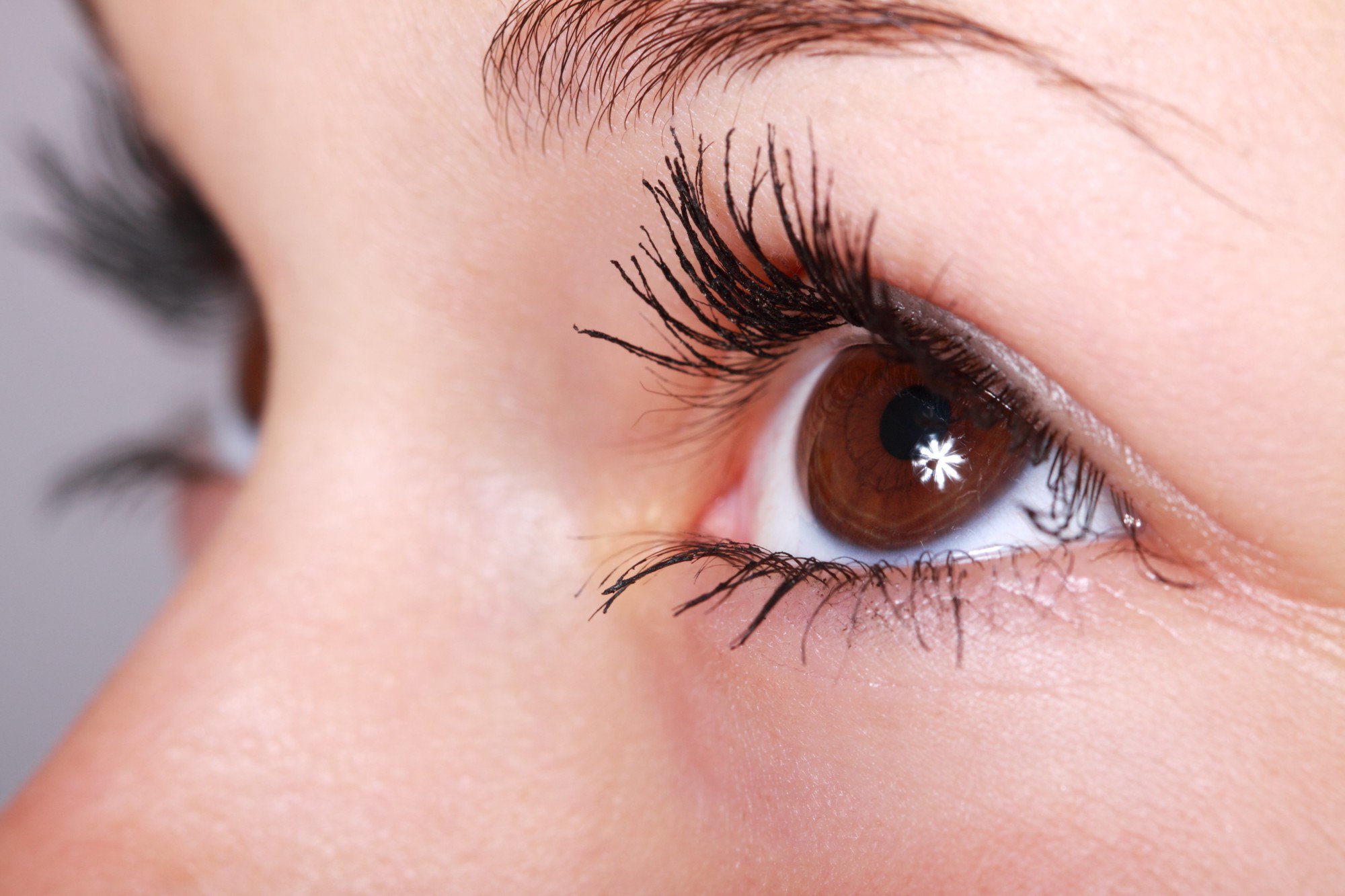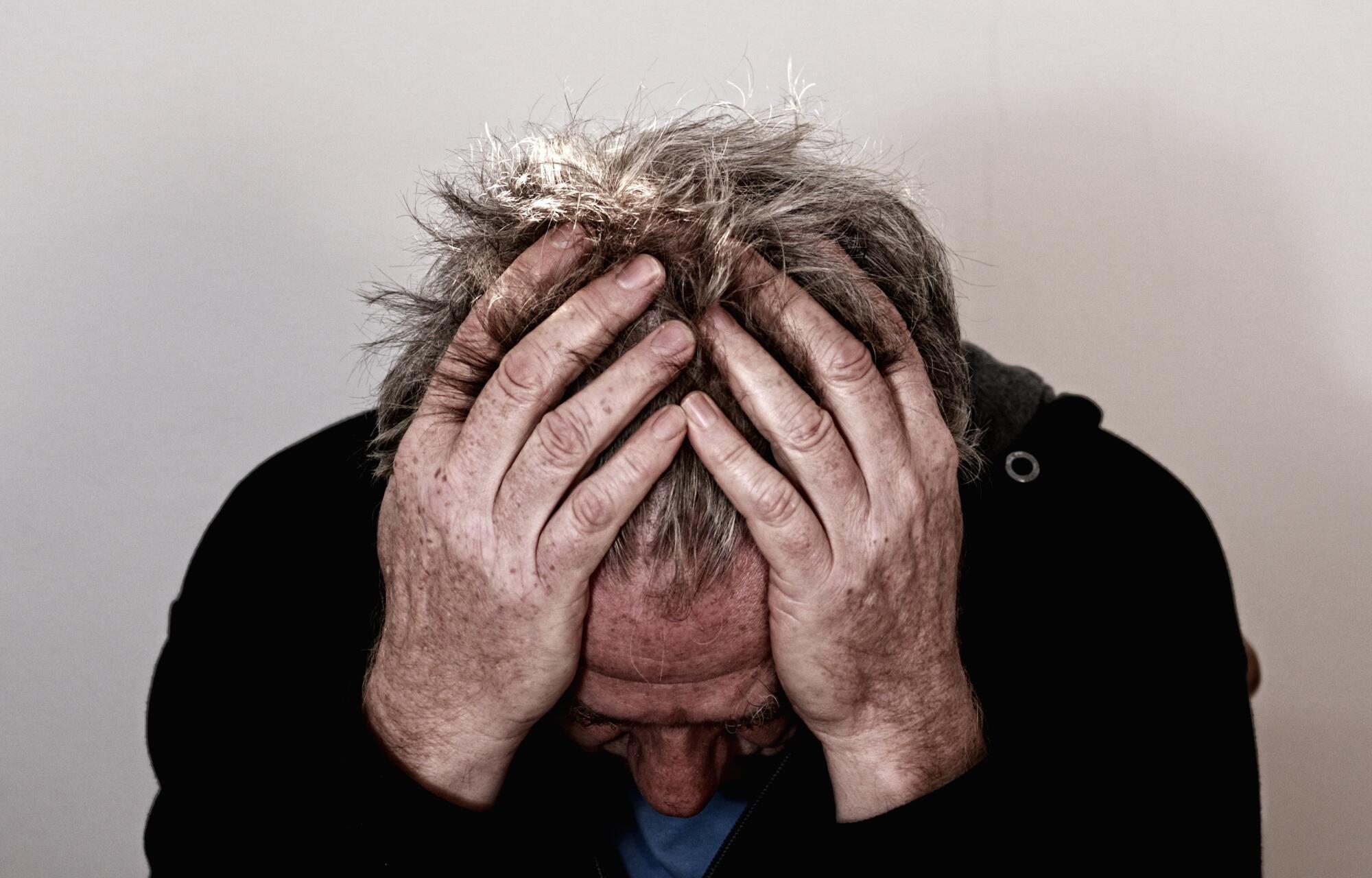
Here Are the Most Common Eye Allergies and How to Treat Them

Your eyelashes don’t just exist for looking pretty and helping you when you flirt. They’re there (on a biological level) to keep dirt and debris out of your eyes.
And while they do a pretty good job, they’re not perfect. They can’t filter out things that are so small, that they get through the fibers.
Or things that are so densely in the atmosphere that there’s no way to avoid them all.
Eye allergies are itchy, watery, and unsightly – who wants a bright red and watery looking eye? But there are ways to treat them or at the very least, control the symptoms.
Learn about what might be causing your eye allergies and what to do about it below.
Eye Allergies: What are the Causes?
There are too many potential causes for us to list comprehensively, but we’ll do our best to list the most common ones.
Eye allergens are anything that irritates your eyes or activates histamines in your bloodstream. It could be as simple as dust and debris from a construction site, too as specific as the mascara you’re wearing or the pollen in the air.
The difference between eye allergies and eye irritants is that irritants are usually temporary. Allergies last for a period of time, or while you’re enduring that environment.
You’ll react more strongly to eye irritants if you’re tired or unwell – since your eyes are already on the dry side then.
Dust and Debris
When you’re in a construction site, or when you clean a really old (or just dirty) place, that dust gets all in the air. It’s the reason they tell you to dust first, then vacuum when you’re house cleaning.
No matter how good your Swiffer duster is, going over it disturbs it and some of it gets airborne. And if there’s enough of it, it goes right into your eyes.
We’re not talking about dust bunnies either. We’re talking about tiny little dust particles that you can’t see, but you can definitely feel scratching up against your eye.
The good thing about cleaning is that it’s done rather quickly (in the scheme of things).
But if you’re living next to a construction site or doing renovations in your home, that’s another matter. In that case, you’ll need to treat your symptoms long term and make sure you have lubricating tears on hand for when things get extra itchy.
Talk to your doctor or your pharmacist (or shop online) for tears that don’t have any medication in them. Your allergies are best treated with pills or nose sprays like Flonase, while your eye symptoms will do better with drops.
For an extra dose of relief, keep your eye drops in the fridge for a cooling feeling.
Pollen and Natural Irritants
Just like you can have allergic symptoms from dust and debris, your system can get irritated by what the plants put out into the air.
If you know anything about your sinus system, you know it’s right under your eyes and behind your cheeks. Everything in the body is related – including your eyes and your sinuses. The more inflamed your sinuses are from allergies, the more inflamed your eyes can get.
That’s one reason you want to treat your bad allergy symptoms will pills and sprays, not just eye drops.
If you’re not sure if you’re getting sick or if its allergies, you can always check the pollen forecast where you live. Just google “pollen forecast” and your location.
Pet Dander
If your eyes are itchy all of a sudden and you’re always rubbing them, ask yourself if there are any new furry friends in the mix. Cats, especially, produce dander (like the dust of skin-flakes, it’s natural) that get into the air.
Dogs have dander, though they produce much less since they’re not constantly self-grooming – it doesn’t get in the air is much.
If you just got an animal and then found it you’re allergic to it, it might be time to find it a new home. Yes, it’s heartbreaking, but the other option is to constantly be on allergy meds. If that’s something you’re willing or wanting to do – make sure you let your doctor know that’s your choice.
How to Treat Eye Allergies
You should treat eye allergies in two ways. If it’s only your eyes that are irritated and you have no other symptoms (like blocked sinuses, coughing, sneezing) try a lubricating eye drop. These are called “tears” and they don’t have medication.
They’re there to soothe your eyes and help them feel better.
If your eyes are irritated and you have sinus or respiratory issues, you need to hit your symptoms with a one-two punch. The first being those lubricating eye drops we talked about.
The second being allergy meds. Anti-histamines are what you want for allergy symptoms, and sprays like Flonase have more anti-histamines than other brands.
If you’re confused about which medication to take, call or see your doctor.
But before you order or go get those meds from the store, check online pharmacies and medical sites. It’s much cheaper to get things straight from the source than to add in the retail store middle man.
Eye Allergies: What Not to Do
You shouldn’t rub your eyes, even when they feel itchy. Especially when you’re in the presence of an environmental allergen, or it could be on your hands (like after petting an animal).
If your eye allergies are bothering you, put in lubricating drops and blink your eyes rapidly to get rid of the itching sensation.
If you need the meds to help after that – we’re here for you.

